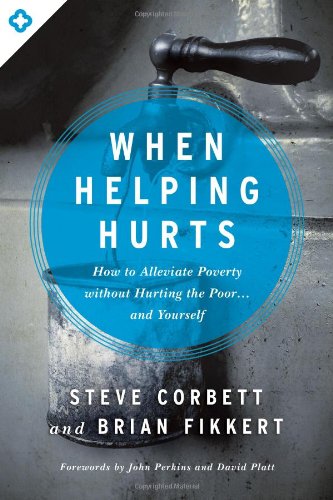What we believe.
We have seen it many times and, sadly, have participated in it ourselves over the years: short-term teams happily filing off an airplane in a developing country in matching t-shirts ready to "help the poor people." We fully believe there is a right way and a wrong way to carry out short term missions. We base our ideals on dozens of trips and hundreds of hours observing how team actions impact local people and many hours discussing these issues with in-country missionaries and ex-pats who must deal with the fall-out of badly executed short term trips. Through all of this, we have compiled a set of values that we believe all of our teams should weave into their trip planning. What follows is by no means a comprehensive list, but it is a good place to start if you want your team to be prepared emotionally and spiritually to make a positive impact on the people group they visit and not cause undue harm.
Our philosophy
We refuse to promote paternalism. This means we will not do for others what they can readily do for themselves. Sure, there are times where a specific skill set can be used to improve the lives of others in developing countries; but, more times than not, teams can and should use their time, talents, and resources to help those same people be equipped to sustain themselves.
We glean as much direction and guidance as possible from people who live in the countries being visited. They are the experts after all! We rely on the organizations on the ground who are working directly with the local people and have an understanding of the local culture to suggest activities for our teams and to serve as our resources for information as we plan our trips. Every conversation regarding team activities starts and ends with "how can we help without hurting?" and no one can answer that question more thoroughly than a full-time resident with a heart called to serve that people group.
We will not promote the corrupt orphan care business that exists worldwide. This is a much deeper topic than can be covered thoroughly here; but, in general, we encourage our teams to avoid supporting orphanages by giving food, money, clothing, or visiting. There have been recent, thorough reviews (see the Lumos reports linked below) that indicate that the vast majority of these institutions should not exist and the children therein serve as pawns to line the pockets of crooked businessmen on both sides of the ocean. We will not only provide our teams with information about these issues and their effects but also steer them toward activities that will make clear how they can make a real and lasting difference in the orphan crisis through supporting organizations that are focused on orphan prevention and reunification of children with their family members.
We believe that it is important for travelers to understand what life is like for the people serving in-country; therefore, as often as possible, we make sure that our teams have the opportunity to spend quality time with missionaries to learn more about who they are, what they do, and how we can best support them and their ministries.
Additional resources we highly recommend:





